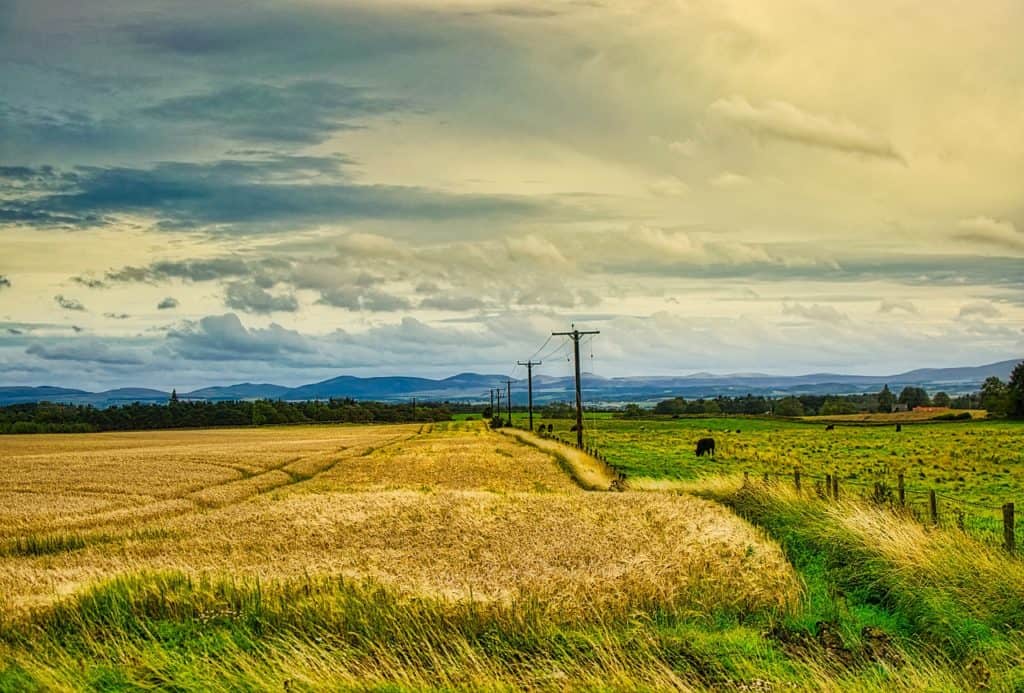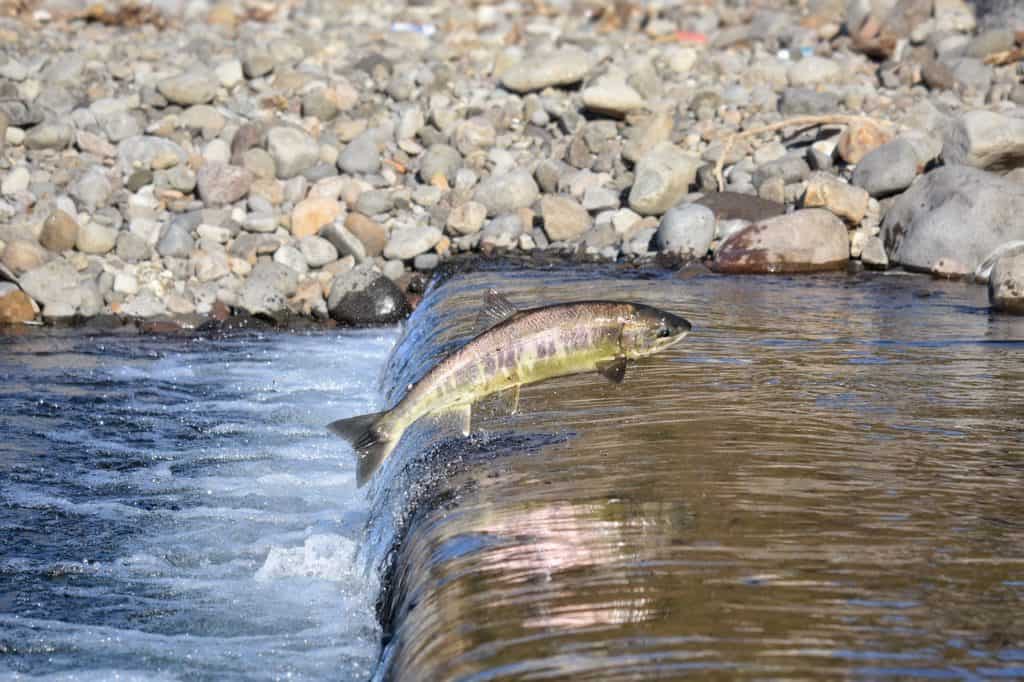Thinking of topics for our latest blog we were chatting in the office over doughnuts and cookies (oops we mean vegetable snacks) and the conversation focused on farming in the UK.
We all enjoy a farmland walk or cycle ride and we know thousands across the UK love to visit farms or make use of the amazing network of paths and bridleways that criss-cross farmland. Even when cycling Hartwell clothing has a great choice of garments to cycle with style.
But how much do we really think about the actual farms and how they have survived recent events?
Let’s take a look at some interesting facts and zoom in on farming in Scotland.

Scottish Farming
According to an article on the NFU Scotland website, approx 80% of Scotland’s land mass is under agricultural production, making the industry the single biggest determinant of the landscape we see around us. Scotland’s farmers, crofters and growers produce output worth around £3 billion a year, and are responsible for much of Scotland’s food and drink exports.
Almost 70,000 people are directly employed in agriculture in Scotland. This represents around 8% of the rural workforce and means that agriculture is the third largest employer in rural Scotland after the service and public sectors.
It’s a huge industry and we all benefit from Scotland’s fantastic range of home produced foods, but the farms and the land also brings in significant revenue for the country in the shape of walkers, tourists and countryside lovers.
Scotland’s major crop is Barley, why not make a statement when walking Scottish farms with our Ladies Barley print luxury shirt. You will fit right in.
Visiting
A significant difference for tourists and ramblers between Scotland and England is that in Scotland you have the right to access all land unless it’s around a private house or building. In England and Wales, only land that is mapped is available for public access and only on foot.
The Scottish Outdoor Access Code provides guidance on responsible behaviour to help ensure that public access does not unreasonably affect land management, other people or the environment. A variety of guidance is available, if needed, to help land managers, access officers and others to integrate access with other activities.
While freedom of access might sound incredibly inviting, large parts of Scotland’s agricultural land are dedicated to sheep farming and mixed sheep and beef cattle farming, so always beware of farm animals whom might not be pleased to see you “particularly if there are young calves or lambs”
As with much farming in the twentieth century, arable fields in Scotland often depend on high levels of fertilisers and pesticides and are less diverse than other farmland habitats.
Many nature lovers enjoy walking hillside farms and crofts where there are a wide and diverse range of insects, plants and birds to be enjoyed.
If you want to know more about Arable Farming in Scotland why not time your visit with the Arable Scotland 2022 show. A great chance to show off your Hartwell outfits and learn more about the stunning Scottish farms and the produce we love to eat.

Scottish Salmon
Of course we cannot mention Scotland and Scottish farming without mentioning Salmon, which is part of the fairly newly branded “Aquaculture” farming channel.
From just a couple of sites about 50 years ago, there are now over 200 fish farms operating in Scotland, producing more than 150,000 tonnes of salmon a year.
Aquaculture in Scotland is diverse, from the farming of salmon and other finfish species, to the production of mussels and oysters and the harvesting of seaweed.
The industry is a success story in Scotland and salmon is one of the country’s major food exports.
Of course wild salmon are still found and the fishing in Scotland is fantastic (I think we will put together a blog on fishing in Scotland soon) but for Scotland it is sustainable farmed Salmon that drives the farming economy.
Aquaculture contributes £1.8 billion annually to the Scottish economy, mostly through salmon farming, and employs more than 8,800 people, many in rural communities.
Research for the sector shows that through sustainable growth, the sector has the potential to double its annual contribution to the economy to £3.6bn or more by 2030. The number of jobs supported could reach 18,000.
Growing premium quality salmon relies on premium growing conditions, and you’ll find Salmon farms and facilities located in some of the most idyllic spots in Scotland, particularly along Scotland’s west coast, the Orkney Islands and Shetland Islands. Great walking or cycling scenery and you can see the pens from some distance, although many farms do not allow actual visits due to biosecurity rules to keep out diseases etc.
Nonetheless you can still enjoy the beautiful local Salmon on a plate in the nearby pubs and restaurants.
You will want to look your best to enjoy devouring one of the tastiest fish on the planet, so make sure you pack the Hartwell for your lunch or dinner date.
Tough Times
Judging by many of the comments at the recent NFU Scotland‘s virtual annual general meeting and conference, many Scottish farmers are having a tough time.
In recent years, farmers have dealt with more extreme weather patterns shown by this year’s dry cold spring followed by a hot dry summer. As our climate becomes more extreme, many in the agriculture industry look to help farmers reflect on the weather of the past years, and review their processes. Scottish farmers recognise that they need to carefully forward plan for the future, and the onset of further climatic changes.
Lets Close
Including Scottish farms as part of your holiday or walking activities will help support farmers during these difficult times. Many will have a farm shop and offer wonderful Scottish produce directly or there will be a well stocked village store nearby.
And of course there are our lovely Hartwell stockist partners like A Hume in Kelso and All About Countrywear in North Berwick, where you can top up the wardrobe and learn more about the region from native Scots.
Without the hard work of the farming community, we would not be blessed with our wonderful British Countryside and all that it offers for work, leisure and food!
So pack carefully and travel in style.
Live well, dress well, Hartwell.

